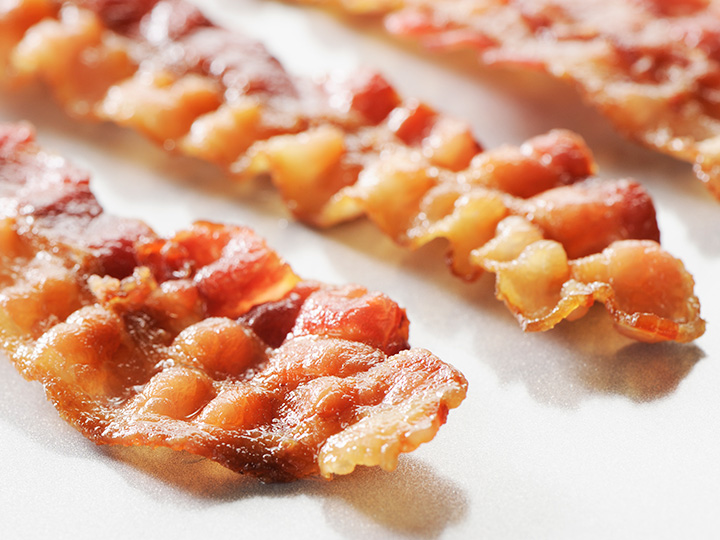Fat in the Diet

For the average person, 25% of calories should come from fats. This percentage can vary depending on one's specific dietary needs. The focus should be put on unsaturated (monounsaturated) and polyunsaturated fats with limited intake of saturated fats.
Where to find the best fats
The great thing about unsaturated (monounsaturated) fats is that they do not affect your cholesterol or prostaglandins (responsible for hormone regulation) like polyunsaturated fats. This is not to say that polyunsaturated fats are not without benefit as well. Polyunsaturated fats like linoleic and linolenic acids are considered essential to the human diet that aid in blood clot prevention as well as reducing inflammation. Some also contain Omega-3 and Omega-6 fatty acids which offer similar benefits.
Unsaturated fats are found in:
- Avocados
- Cashews, Peanuts (various forms)
- Olives / Olive Oil (go extra virgin for the most benefit)
Polyunsaturated fats are found in:
- Almonds, Pecans, Walnuts
- Various oils (cottonseed, sunflower, corn, safflower, soybean)
- Fish (various kinds)
Good saturated fats:
- Beef
- Chicken
- Egg yolks
- Milk
Where the worst fats are
Saturated fats, while they do contain cholesterol, are hard to avoid. That being said, one should not be overly concerned if they eat any saturated fat foods in moderation because some of these foods are necessary to eat for other great nutritional elements like protein, calcium, and other various vitamins.
Bad saturated fats:
- Lamb
- Pork
- Cream
- Cheese
- Butter
- Chocolate
- Lard
- Vegetable Shortening
Trans fats:
- Margarine
- Hydrogenated oils
Some may argue about these foods but the fact of the matter is, there are better foods out there that offer greater nutritional value. Cheese for example, while you do get a good amount of calcium, skim milk (even 1% is fine) would be a much better alternative as you get better protein and less fat. The difference between a good saturated fat and a bad one, as stated above, is the nutritional content.
Fat is not the enemy
Much like carbs, fat is not the enemy of eating healthy. Fat is absolutely necessary for weight gain, whether this is general weight gain or muscle gain. The reason for this is because if you exercise a great amount, the body uses fat for energy. Without fat, the body will start to use protein as an energy source which is exactly what you do not want when trying to gain weight.
Some foods that are high in fat offer great benefits that aren't found in alternative sources. A high fat fish like salmon contains Omega-3 fatty acids have the potential for reducing blood clots (by acting as an anti-coagulant) and at the same time lowering high blood pressure. Another example of a high quality fat is extra virgin olive oil. Being the least processed oil, extra virgin olive oil has similar health effects to salmon.




